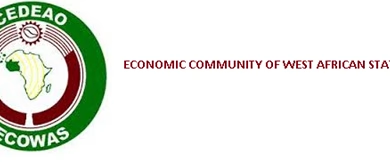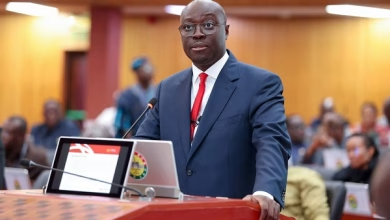27 Dead, 42 Injured in Road Accidents Across Ghana, NRSA Reports

- 27 killed, 42 injured in Ghana road accidents
- Speeding, phone use while driving cited as causes
- Authorities urge motorists to observe speed limits
The National Road Safety Authority (NRSA) has reported that a total of 27 individuals lost their lives, and 42 others sustained injuries in road accidents over the past two weeks. The incidents occurred across multiple regions of the country, including Central, Eastern, Ashanti, Volta, North-East, and Oti.
Despite ongoing efforts to educate the public on road safety, the NRSA has expressed deep concern over the persistence of these accidents, describing the situation as troubling. “While road traffic crashes and casualties have significantly decreased over the past three years, the recent incidents remain unacceptable and have serious socio-economic impacts on the affected families and the nation as a whole,” the NRSA said in a press release.
The Authority pinpointed several key causes of the accidents, including speeding, the use of mobile phones while driving, and widespread non-compliance with road regulations. “Preliminary reports from the Motor Traffic and Transport Department indicate that these crashes were caused by indiscipline, such as excessive speed, wrongful overtaking, and the use of mobile phones while driving,” the NRSA stated.
Abraham Amaliba, the Acting Director-General of the NRSA, expressed his concern over the fatalities and reiterated the Authority’s commitment to improving road safety. “The Authority commiserates with the families of the deceased and the victims of these crashes. It is concerning that many of these incidents involved public service vehicles, which are expected to adhere to higher safety standards,” Amaliba said.
In light of these developments, the NRSA has called for increased cooperation from all stakeholders, including road users. The Authority also urged motorists to strictly observe speed limits: 90 km/h on highways, 50 km/h in urban areas, and 30 km/h in settlement zones, warning that failure to comply may result in arrest and prosecution by the Motor Traffic and Transport Department.






